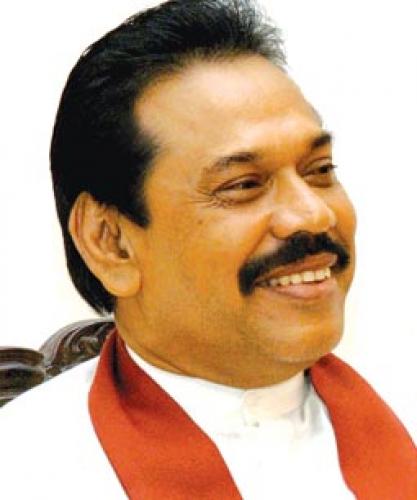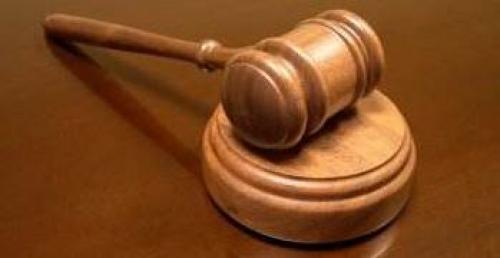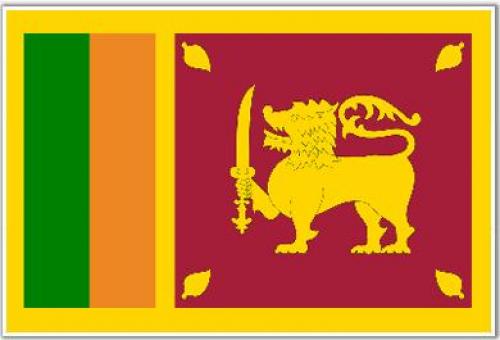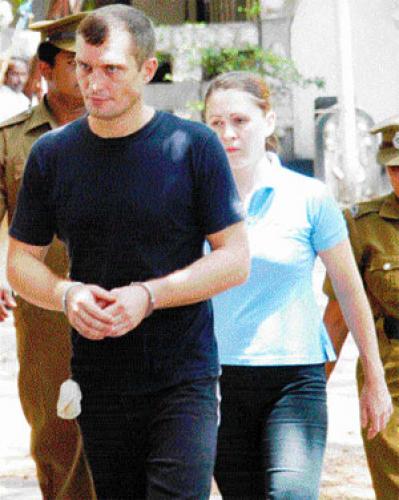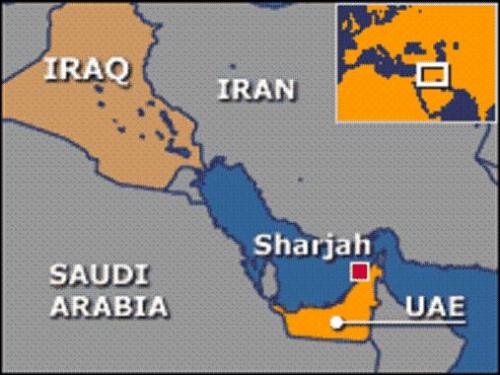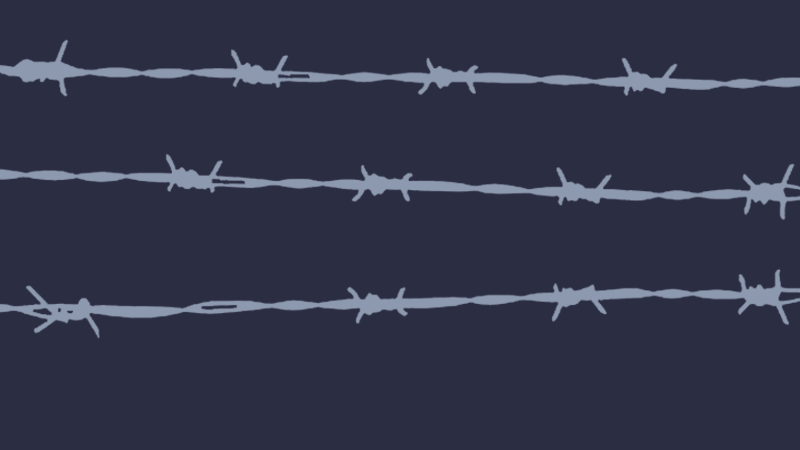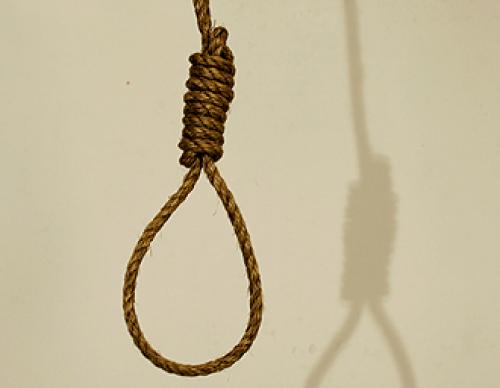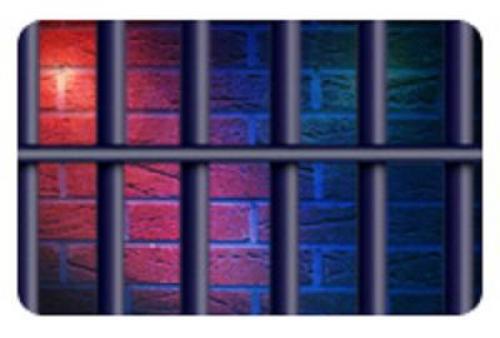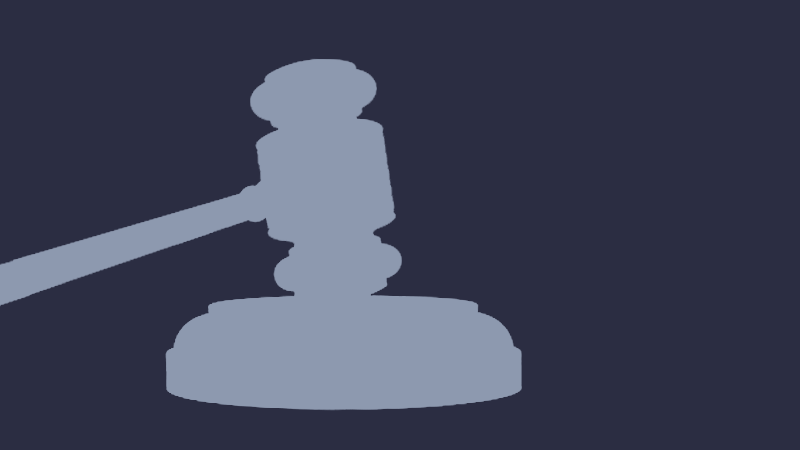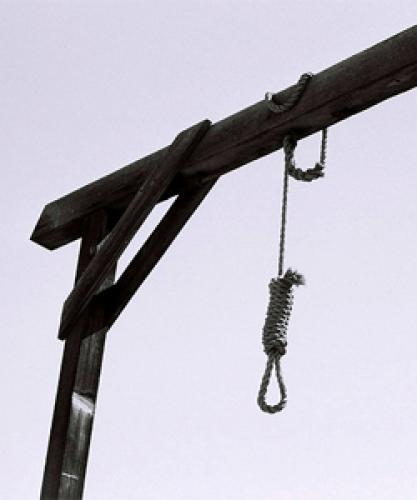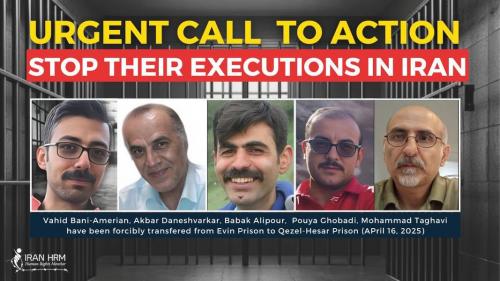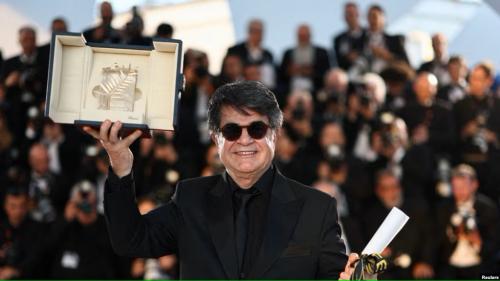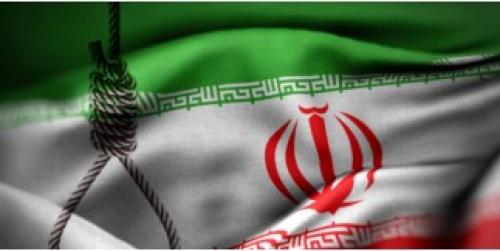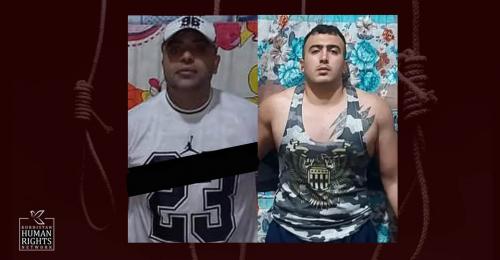government: republic
state of civil and political rights: Partly free
constitution: 16 August 1978, amended 20 December 2001
legal system: a highly complex mixture of English common law, Roman-Dutch, Kandyan, and Jaffna Tamil law;
legislative system: unicameral Parliament
judicial system: Supreme Court and Court of Appeals (judges are appointed by the President)
religion: Buddhist 69.1%, Muslim 7.6%, Hindu 7.1%, Christian 6.2%, unspecified 10%
death row: 529 (10/7/2014, according to Human Rights Commission of Sri Lanka)
year of last executions: 23-6-1976
death sentences: 61
executions: 8
international treaties on human rights and the death penalty:International Covenant on Civil and Political Rights
1st Optional Protocol to the Covenant
Convention on the Rights of the Child
Convention Against Torture and Other Cruel, Inhuman or Degrading Treatment or Punishment
situation:
Capital crimes are: murder, causing an innocent person to be executed by bearing false witness, offences against the State, economic offences, drug offences and arms trading.
The island’s history of executions goes back to when Sri Lanka was the British colony known as Ceylon. The first hanging was held on 11 February 1884, at Welikada Prison, and the last was on 23 June 1976 – nearly 20 years after Sri Lanka achieved independence – when 27-year-old Jayasinghe Chandradasa, a farmer convicted of murder, was hanged to death. Over that time, a total of 1,868 men and women were executed.
By June 2012, 818 death row convicts, including four women, were still in the Welikada and Bogambara prisons, according to Rehabilitation and Prison Reforms Ministry sources.
In 2012, 28 people, including 4 women, were sentenced to death.
The current leadership of the country has taken opposing stances on the issue.
On 7 June 2012, Rehabilitation and Prison Reforms Minister Chandrasiri Gajadeera said the ministry was looking at the possibility of reducing the sentence of several death row prisoners. The ministry had forwarded its suggestions to the Justice Ministry for recommendations regarding the reduction of sentence. According to the suggestions, the death sentence could be commuted to life imprisonment, while those sentenced for life, to have the sentence reduced to 20 year in prison with hard labour.
A number of ministers have publicly campaigned for the death penalty. Child Development and Women’s Affairs Minister Tissa Karaliyadda told The Nation in July 2012 that the death penalty should be imposed for those convicted of rape, with no amnesty given. “I hope to present a cabinet memorandum requesting to amend the laws regarding the matter,” the Minister said. Media Minister Keheliya Rambukwella told the Daily News: “The cabinet and members of parliament have reached a common belief that the death penalty should be implemented for child molesters and drug lords.” On 4 September, the Daily Mirror reported that Minister of Justice Rauf Hakeem would propose “to the cabinet the holding of a referendum for the re-activation of the death penalty for those convicted of serious crimes... as a deterrent to the increasing number of serious crimes in the country.”
On 2 January 2013, Sri Lanka’s Foreign Secretary Karunatillaka Amunugama said the issue that the death penalty should or should not be implemented in Sri Lanka has been debated in society in recent times. "However the government has not taken a policy decision on this," he told reporters.
On 25 April 2013, New Sri Lankan prisons chief C Pallegama said he wants to resolve the death row inmates’ status. "Personally I don't agree with capital punishment," Pallegama told the BBC. "Some [death row] prisoners have completed 20 years, 24 years, so there is a problem - their unrest, their stress." They wished either to be hanged or given formal life sentences, he said, adding that he too advocated such a resolution.
Meanwhile, the Prisons Department has begun recruiting hangmen. Interviews were carried out in 2012 to select two suitable candidates to be appointed. Two hangmen were recently recruited but were later reported to have been sacked after absconding.
On 1 November 2012, Sri Lanka was reviewed under the Universal Periodic Review of the UN Human Rights Council. The Government rejected recommendations to take immediate steps towards the abolition of the death penalty in law.
On 20 December 2012, Sri Lanka changed its previous position and abstained from the Resolution on a Moratorium on the Use of the Death Penalty at the UN General Assembly. In 2010 and 2008, Sri Lanka had voted in favour of the Resolution.


